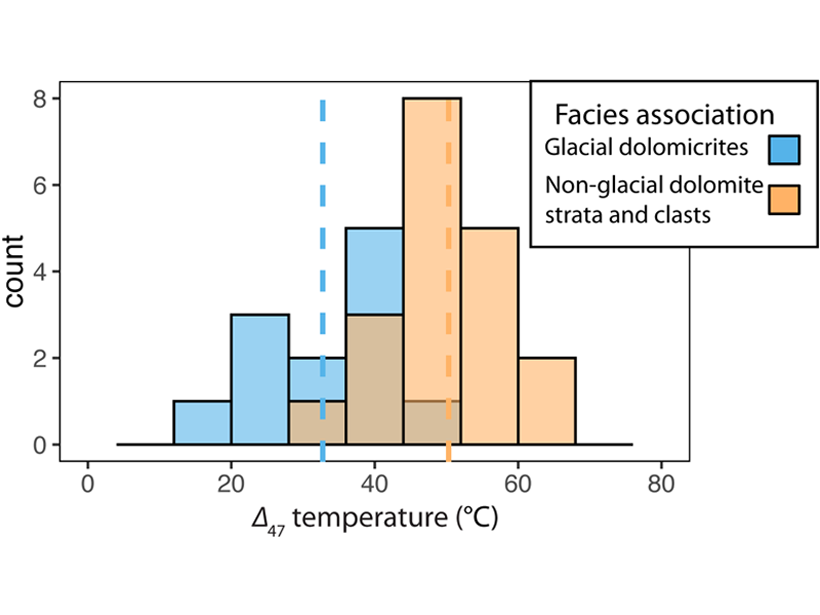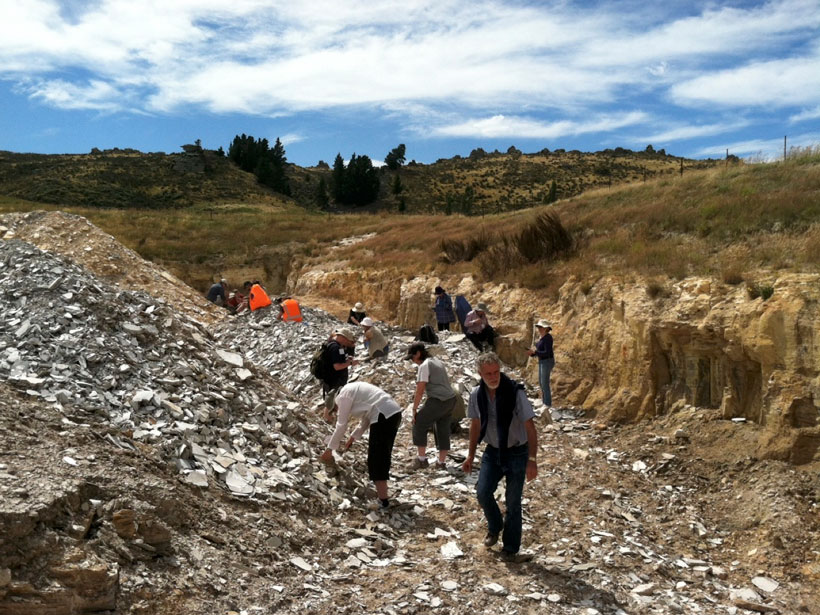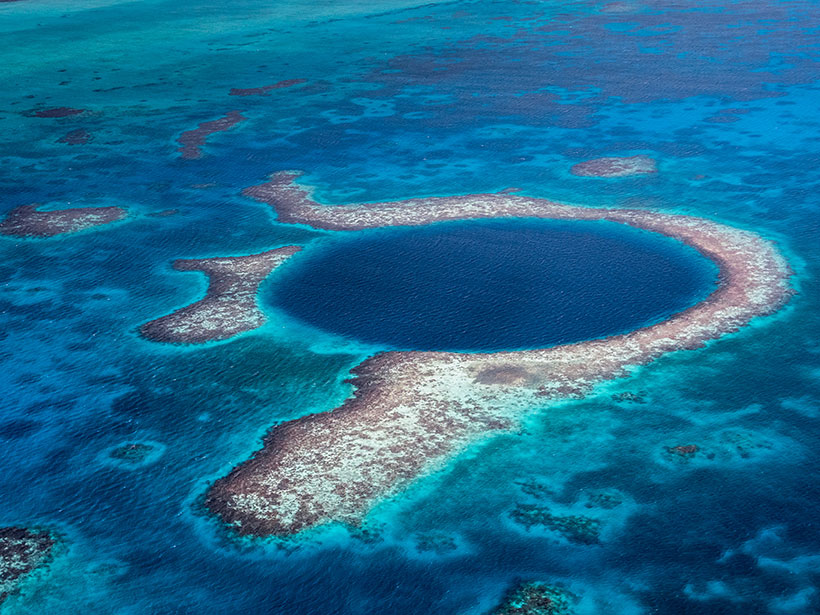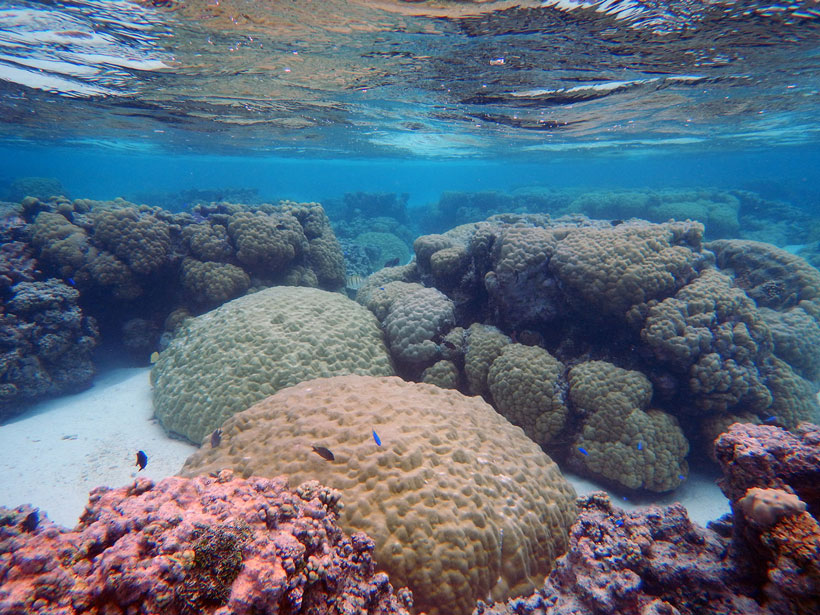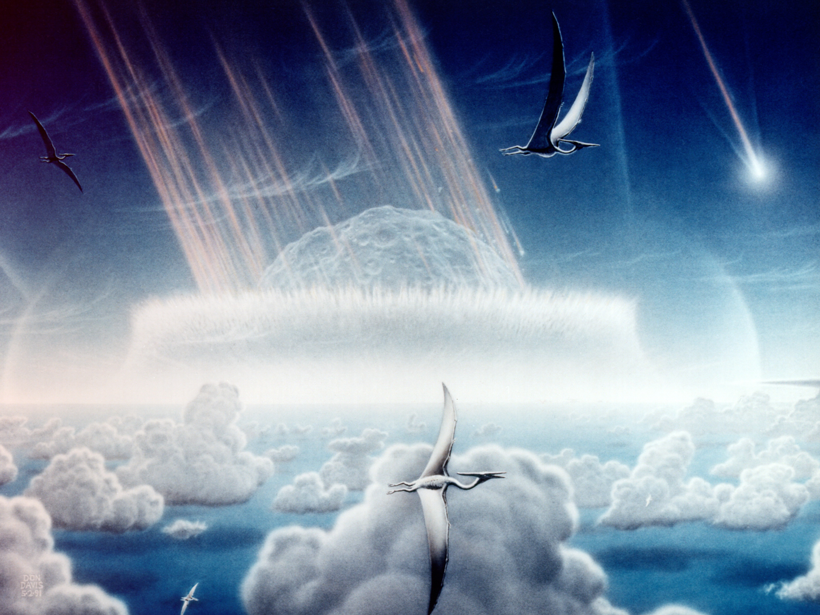Jacqueline Austermann received the 2019 Jason Morgan Early Career Award at AGU’s Fall Meeting 2019, held 9–13 December in San Francisco, Calif. The award is “presented annually to an early career scientist for outstanding and significant contributions to tectonophysics through a combination of research, education, and outreach activities.”
paleoclimatology & paleoceanography
Konecky Receives 2019 Nanne Weber Early Career Award
Bronwen L. Konecky received the 2019 Nanne Weber Early Career Award at AGU’s Fall Meeting 2019, held 9–13 December in San Francisco, Calif. The award is presented annually and “recognizes significant contributions to paleoceanography and paleoclimatology research.”
Du Receives 2019 Harry Elderfield Student Paper Award
Jianghui Du received the 2019 Harry Elderfield Student Paper Award at AGU’s Fall Meeting 2019, held 9–13 December in San Francisco, Calif. The award “recognizes an exemplary manuscript by a graduate student working toward their Ph.D.”
Measuring Paleoclimate During a Deep-Time Deep Freeze
New application of clumped-isotope thermometry to 700-Myr rocks documents large climate swings related to Snowball Earth glaciation and offers better understanding of an earlier Earth system.
Ancient “Pickled” Leaves Give a Glimpse of Global Greening
A unique fossil lake bed in New Zealand has revealed insights into global climate under elevated levels of carbon dioxide but is now off-limits to scientists.
Severe Cyclones May Have Played a Role in the Maya Collapse
Sediment cores from the Great Blue Hole reveal that a series of extreme storms hit the region after 900. The storms may have irreparably damaged an already stressed Maya population.
Corals Make Reliable Recorders of El Niño Fluctuations
A new tool that reconciles modeling and paleoclimate data builds confidence that tropical Pacific corals reliably archive natural variability in the El Niño–Southern Oscillation climate pattern.
Asteroid Impact, Not Volcanism, Likely Spelled Dinosaurs’ End
Using climate and habitat modeling, researchers show that solar dimming caused by an asteroid impact would have plunged the world into an “impact winter” and decimated dinosaur habitats.
Traduciendo Modelos Climáticos al Lenguaje de Datos Paleoclimáticos
Un nuevo modelo permitirá a los modelos climáticos interpretar mejor las reconstrucciones paleoclimáticas derivadas de sedimentos de lagos y podrá mejorar las predicciones de las condiciones climáticas futuras.
Mars 2020 Team Using Australian Rocks in Search for Life on Mars
Scientists are investigating evidence of ancient terrestrial microbes preserved in Australia as well as mineral maps derived from Mars orbiter data to shed light on how to search for life on Mars.

